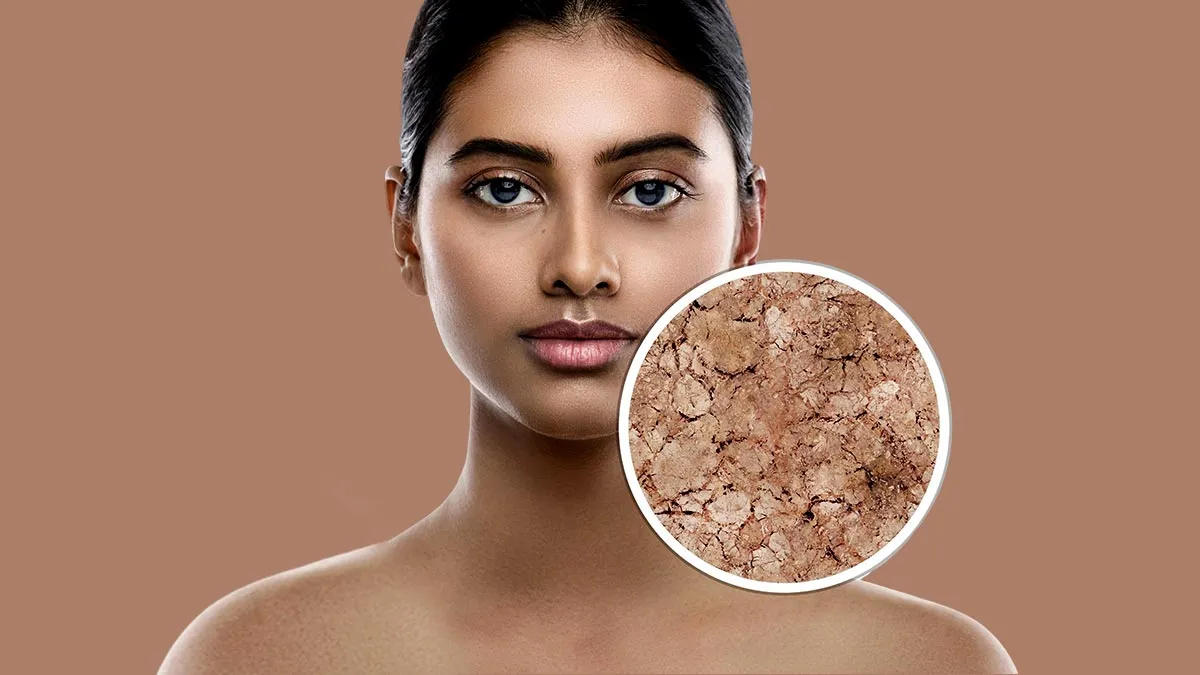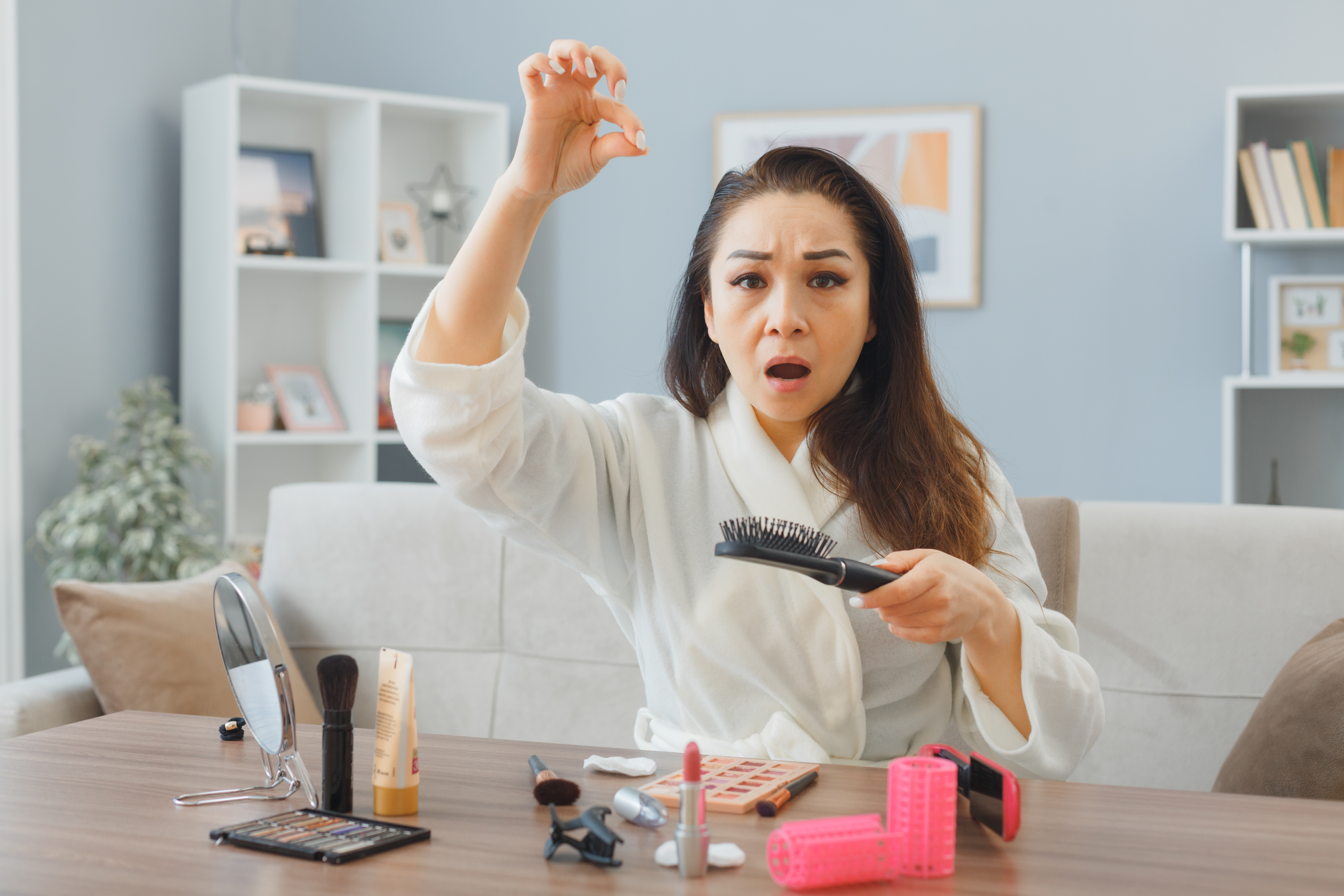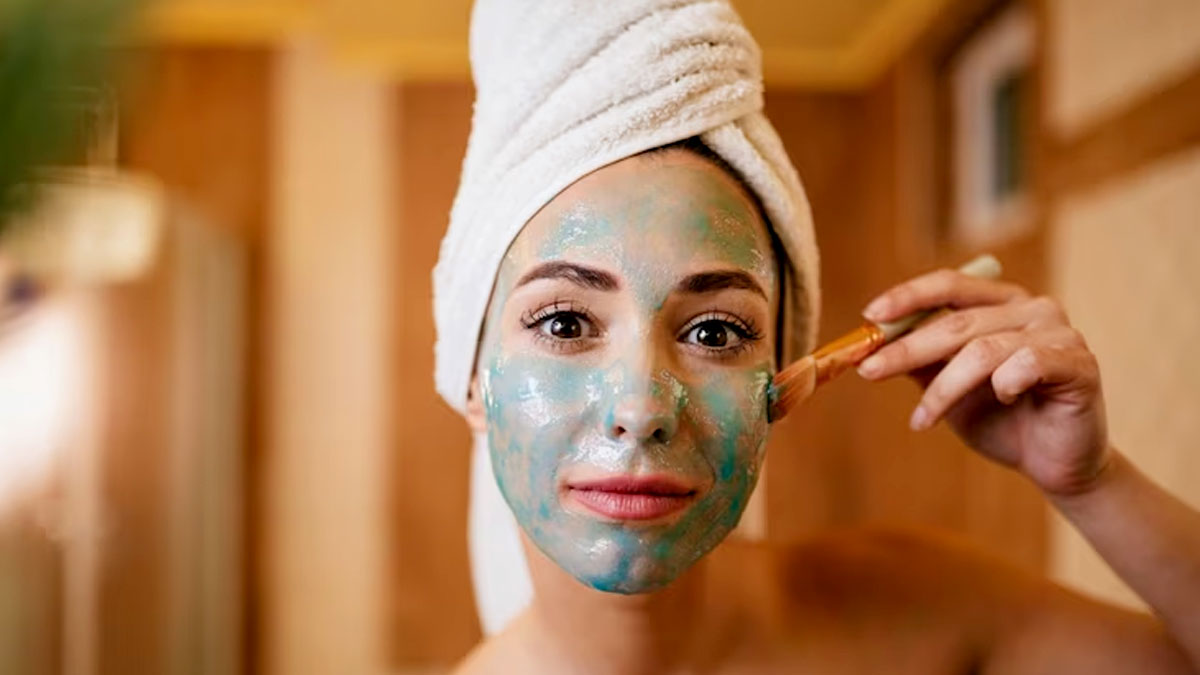
In the age of DIY, where social media feeds are overflowing with all-natural solutions and social media creators swear by their grandmother's secret recipes, it’s easy to believe that every ingredient in your pantry is a potential beauty or health miracle. From honey face masks to vinegar hair rinses, the inclination towards home remedies is only growing strong. This is also because they're cheap, supposedly all-natural, and easily available in your kitchen.
Table of Content:-
But what if the quest for a spotless complexion through a lemon juice toner results in a stinging chemical burn? Or if that DIY sugar scrub turns your skin red and raw? The reality is, while many do-it-yourself remedies are rooted in ancient lore, they're not entirely risk-free. Therefore, remember that without knowledge, your at-home beauty routine can go from a calming self-care experience to a pricey and painful visit to the dermatologist's office.
Common Mistakes To Avoid With Home Remedies
Here are some of the most frequent mistakes individuals make with home remedies and tips on how to keep them from happening, making your path to natural health a safe and triumphant one.
Mistake 1: Thinking Natural Always Equals Safe
This is the largest misconception of all. Just because a product is derived from a plant, fruit, or vegetable doesn't indicate it's a gentle and non-irritating ingredient. There are many powerful ingredients in nature that are dangerous if applied improperly.

Also Read: 5 Questions To Ask Yourself If Your Period Becomes Irregular
- Lemon Juice: The worst offender. Using straight lemon juice on your skin, particularly before going out in the sun, can cause a condition known as phytophotodermatitis. The psoralen chemicals found in citrus fruits interact with the UV radiation to produce instant, excruciating burns and hyperpigmentation that lasts for months. It is not worth the risk.
- Essential Oils: These are concentrated extracts of plants. Applying them "neat" (without dilution) to the skin can lead to extreme irritation, allergic responses, and even chemical burns. Dilute essential oils with a carrier oil such as jojoba, almond, or coconut oil before topical use.
- Apple Cider Vinegar (ACV): Although it has a following for its perceived skin benefits, straight ACV is really acidic. Direct application to the skin can upset your skin's natural pH balance and cause burns and irritation. Mix it with water, and always patch test first.
The Fix: Treat all-natural ingredients the same way you would a new facial product. Begin with a small quantity, mix strong ingredients with a base ingredient to soften the strength, and always apply a patch test on an out-of-the-way area of your skin (such as behind your ear or on your inner arm) to test for a reaction before putting it on your face or extensive areas of your body.
Mistake 2: Over-Exfoliation
Everyone loves a good scrub. The feeling of sloughing off dead skin cells is satisfying, but when done with the wrong ingredients, it can cause micro-tears in your skin, leading to inflammation, redness, and a compromised skin barrier.
- Sugar and Salt Scrubs: Although these might be useful on the body, the crystals tend to be too coarse and abrasive for the sensitive skin of your face. They will result in microscopic tears that open up your skin to bacteria and the environment.
- Baking Soda: Frequently hailed as a gentle scrubber, baking soda is in fact extremely alkaline. Its high pH can deplete the skin of its natural oils and protective barrier, causing dryness, irritation, and breakouts.
The Fix: For facial exfoliation, use milder alternatives. Try using finely ground oats as a face mask or an already prepared chemical exfoliant that contains ingredients such as alpha-hydroxy acids (AHAs) or beta-hydroxy acids (BHAs) that are specifically designed to be safe and effective.

Mistake 3: Not Considering the Role of Scientific Evidence
Most home remedies rely on hearsay and passed-on information rather than scientific investigation. Some are harmless, but others may be ineffective or even opposite to their intended effect.
- Toothpaste on pimples: A timeless "hack" that tends to do more damage than good. The active ingredients in toothpaste, such as alcohol, menthol, and baking soda, can dry out the pimple but also badly irritate the skin around it, producing redness and inflammation that makes the spot appear even more appalling.
- Raw Egg Masks: The possibility of salmonella infection from applying raw eggs to your skin is a risk. Although it's not a high possibility, it's a risk that doesn't have any scientifically supported benefits for your skin. Egg white molecules are too big to penetrate the skin, so any tightening effect is superficial and only temporary.
The Fix: Before testing out a new home remedy, perform a quick internet search for scientific evidence or a dermatologist's commentary. Search for articles from reputable sources and take claims that sound too good to be true with a grain of salt.
Mistake 4: The DIY Disinfectant Conundrum
The aspiration to have a clean, nontoxic home is noble, but some do-it-yourself cleaning products can be ineffective or even harmful when combined.
- Vinegar and Hydrogen Peroxide: Both great individual cleaners, but together, they form peracetic acid. This corrosive acid is harsh on eyes, skin, and lungs.
- Baking Soda and Vinegar: A fun science experiment for a volcano, but as a cleaner, it's not very effective. They cancel each other out, resulting in salty water with no cleaning ability.
The Fix: Apply these strong ingredients separately. Vinegar is excellent at breaking up grease and grime, and hydrogen peroxide is a good disinfectant. Do not combine them.
Bottomline
The lure of home remedies has enabled many to become more proactive about their well-being and health. That being said, it is important to consider that your skin is a fragile and sensitive organ. What suits someone might not suit you, and a harmless ingredient could wreak havoc on your skin.
If you have a skin ailment, ongoing problem, or health issue, the smartest thing to do is see a professional. A dermatologist, physician, or a licensed herbalist can help with advice that is not only safe and effective but also designed to meet your own unique requirements.
How we keep this article up to date:
We work with experts and keep a close eye on the latest in health and wellness. Whenever there is a new research or helpful information, we update our articles with accurate and useful advice.
Current Version